AeroGenie — Uw intelligente copiloot.
Trending
Categories
Silicon Valley eVTOL Air Taxis Target 2026 Launch Amid Challenges
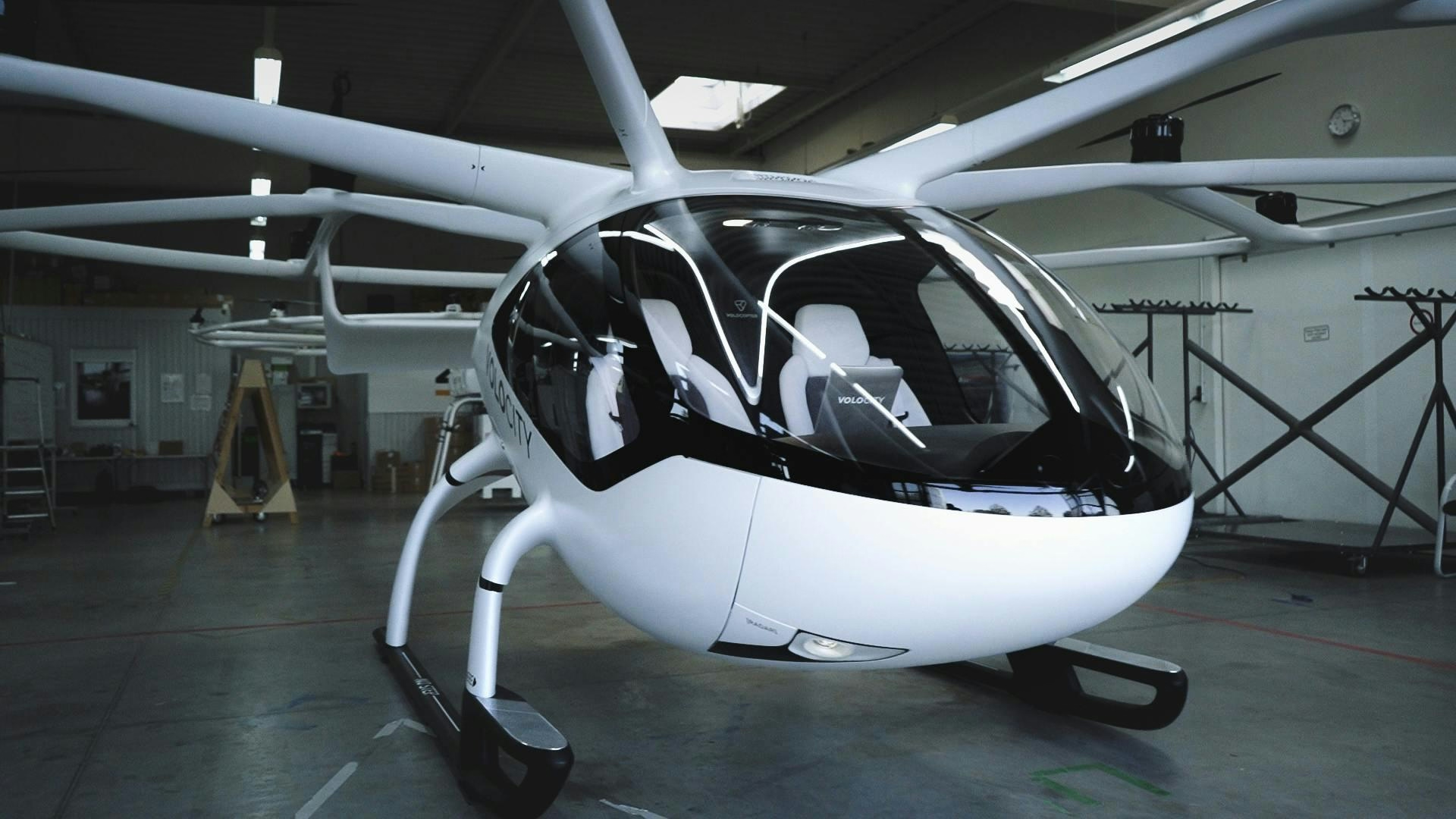
Silicon Valley eVTOL Air Taxis Target 2026 Launch Amid Regulatory and Technical Hurdles
In Silicon Valley, a competitive race is unfolding to transform urban transportation through electric vertical takeoff and landing (eVTOL) vehicles, commonly referred to as air taxis. Leading companies such as Joby Aviation and Archer Aviation are investing billions of dollars to develop aircraft designed to circumvent congested roadways, potentially converting lengthy commutes into rapid aerial journeys. Recent test flights and technological advancements have generated optimism for commercial launches as early as 2026. However, significant regulatory and technical challenges continue to impede progress.
Pioneering Companies and Strategic Developments
Joby Aviation has garnered attention with its all-electric aircraft capable of reaching speeds up to 200 miles per hour and covering distances of up to 150 miles. The company has completed landmark flights between public U.S. airports, notably reducing travel times—for instance, a flight from downtown New York to JFK Airport takes just seven minutes compared to nearly an hour by car. In a strategic move to accelerate market entry, Joby recently acquired Blade Air Mobility’s passenger operations. Despite these advances, the company faces substantial obstacles, including securing regulatory approval, addressing battery life limitations, and integrating its aircraft into existing air traffic control systems.
Archer Aviation, another prominent player, is intensifying production efforts in Silicon Valley, with three of its Midnight eVTOL models reportedly in the final stages of assembly. The company is expanding its industrial presence and targeting short-haul routes within the Bay Area, ranging from 20 to 50 miles. Archer’s approach involves collaboration with urban planners to incorporate vertiports—specialized takeoff and landing pads—into existing infrastructure such as parking garage rooftops. A June 2025 report revealed that Archer is also pursuing defense contracts to generate revenue while awaiting civilian certification, underscoring the industry’s need to adapt amid regulatory delays.
Infrastructure Challenges and Industry Collaborations
The broader eVTOL sector continues to confront hurdles related to certification and infrastructure development. Partnerships such as that between Signature Aviation and Wisk Aero, which aims to support autonomous eVTOL operations, highlight the critical importance of establishing robust ground infrastructure. These collaborations are vital as companies prepare for commercial deployment and seek to address public concerns regarding safety, noise pollution, and the integration of air taxis into densely populated urban environments.
Global Competition and Regulatory Dynamics
International competition in the eVTOL market is intensifying. In China, EHang has obtained approvals for autonomous passenger drones, positioning itself as a potential leader in pilotless operations. Meanwhile, Japan Airlines’ subsidiary is planning trials in Osaka by 2026, emphasizing the global urgency to commercialize eVTOL technology. These developments exert additional pressure on U.S. innovators to accelerate their progress, drawing on lessons from earlier initiatives such as Larry Page’s Kitty Hawk, which conducted pilotless air taxi tests in New Zealand in 2018.
Outlook
While Silicon Valley’s eVTOL pioneers are making ambitious bets on the future of urban mobility, their goal of launching commercial services by 2026 depends heavily on overcoming regulatory, technological, and infrastructure challenges. Market responses and competitor strategies remain closely linked to the pace of Federal Aviation Administration approvals and advancements in battery technology and autonomous flight systems. As the industry navigates these complexities, the prospect of swift, emission-free air taxis remains promising but not yet guaranteed.
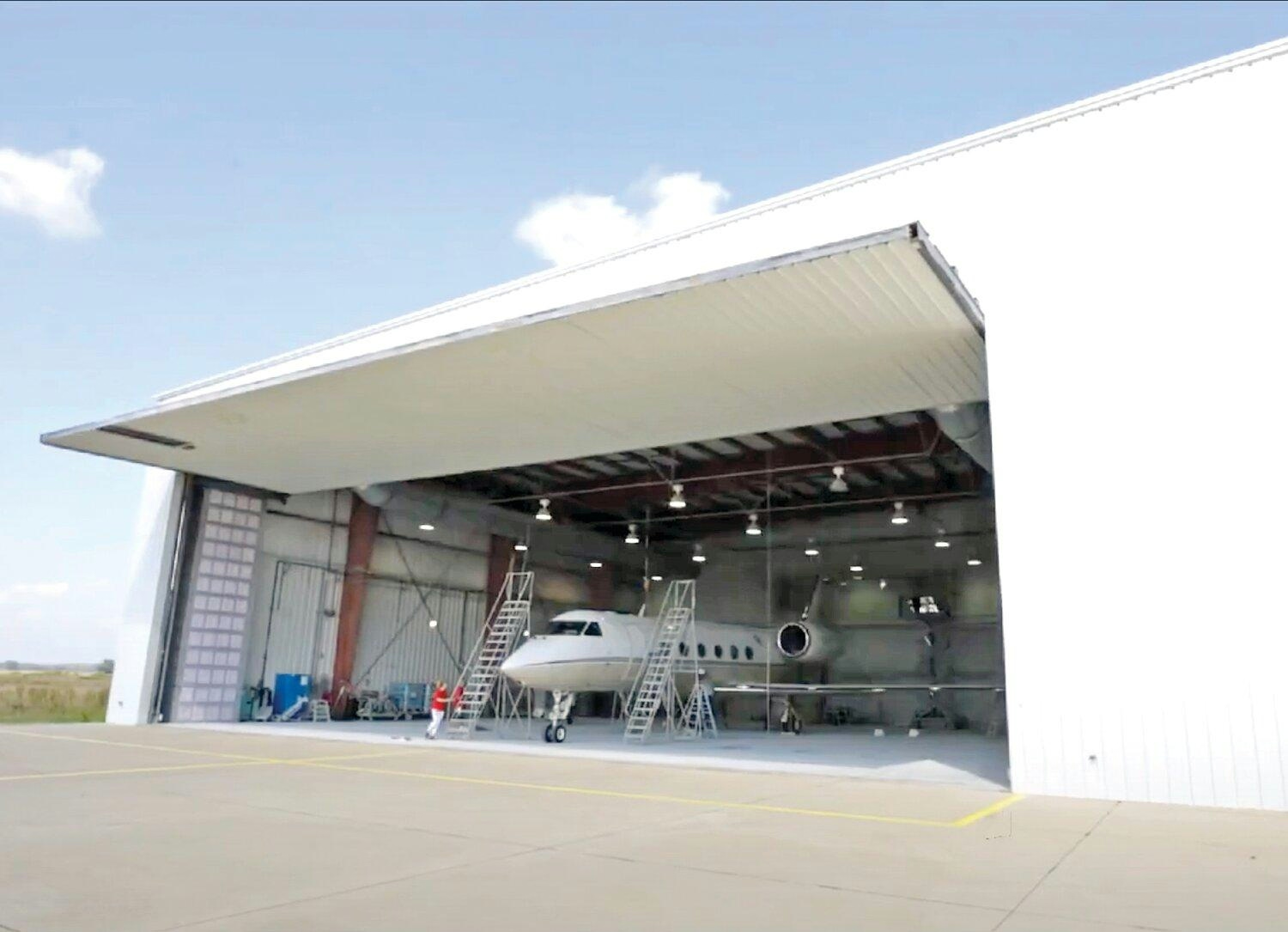
West Star Aviation Announces Expansion in Chattanooga

Aviation Design Software Market Projected to Reach $2.8 Billion
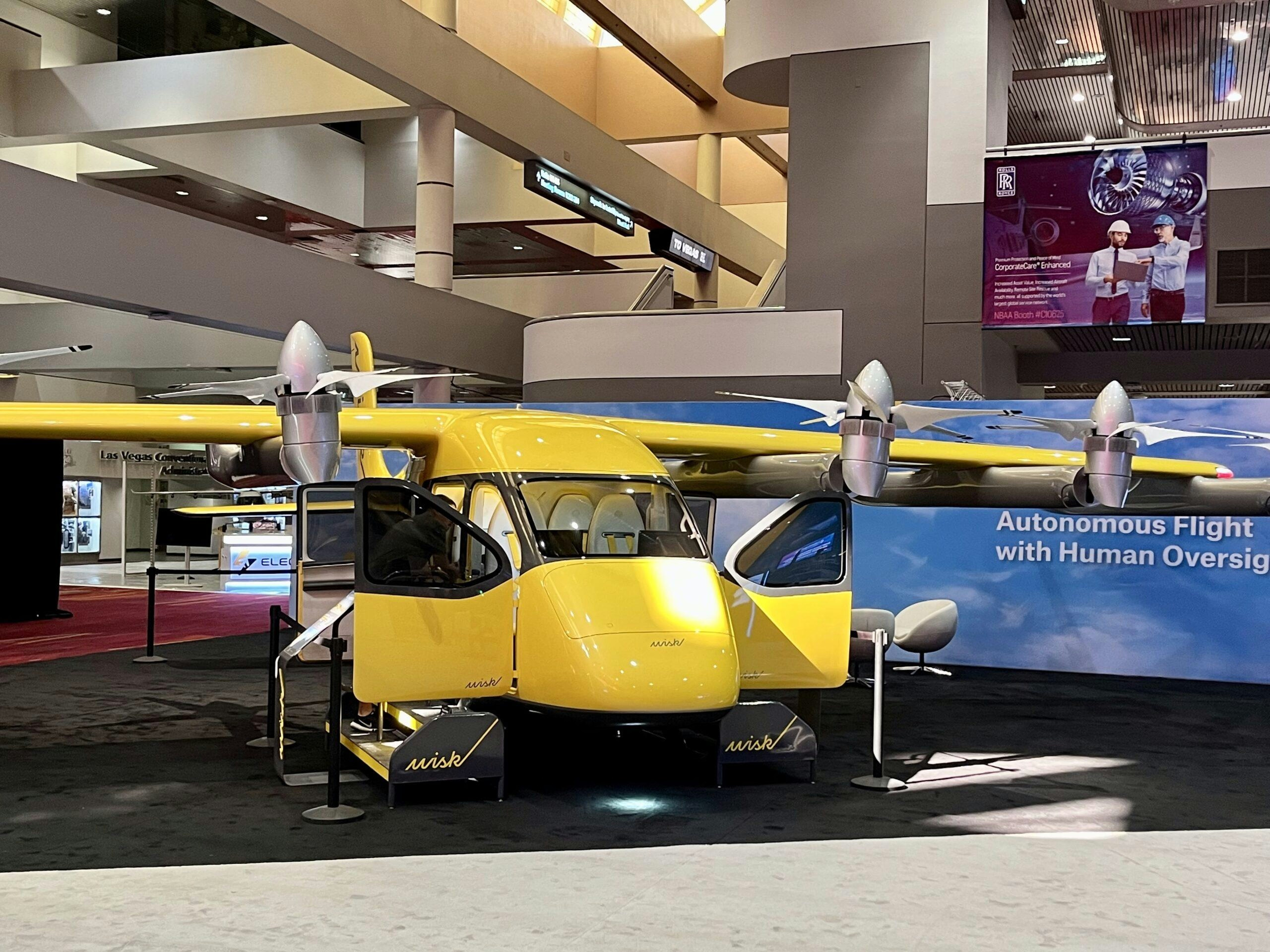
The Future of Aviation in Africa Amid Digital Transformation
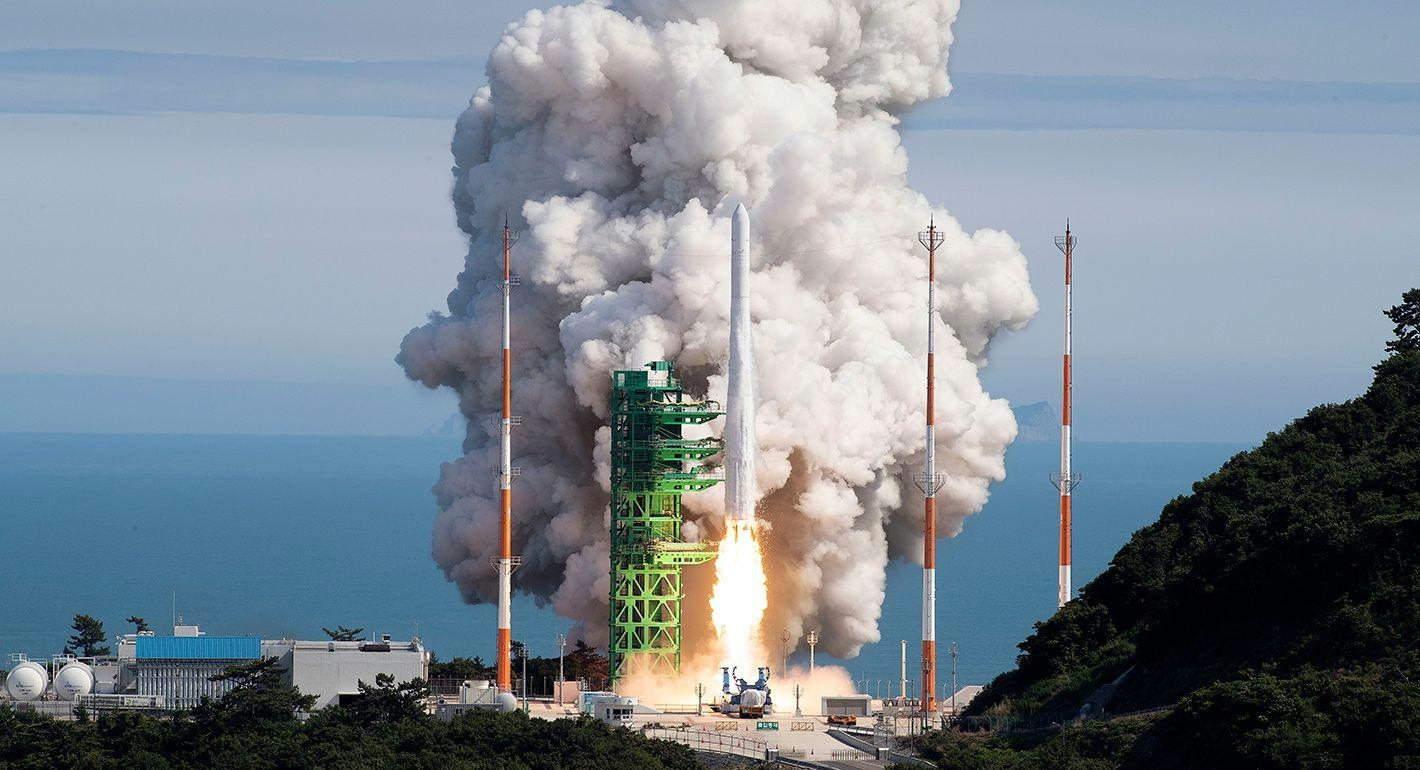
Gyeongnam Province Unveils Mid- to Long-Term Aerospace Industry Roadmap
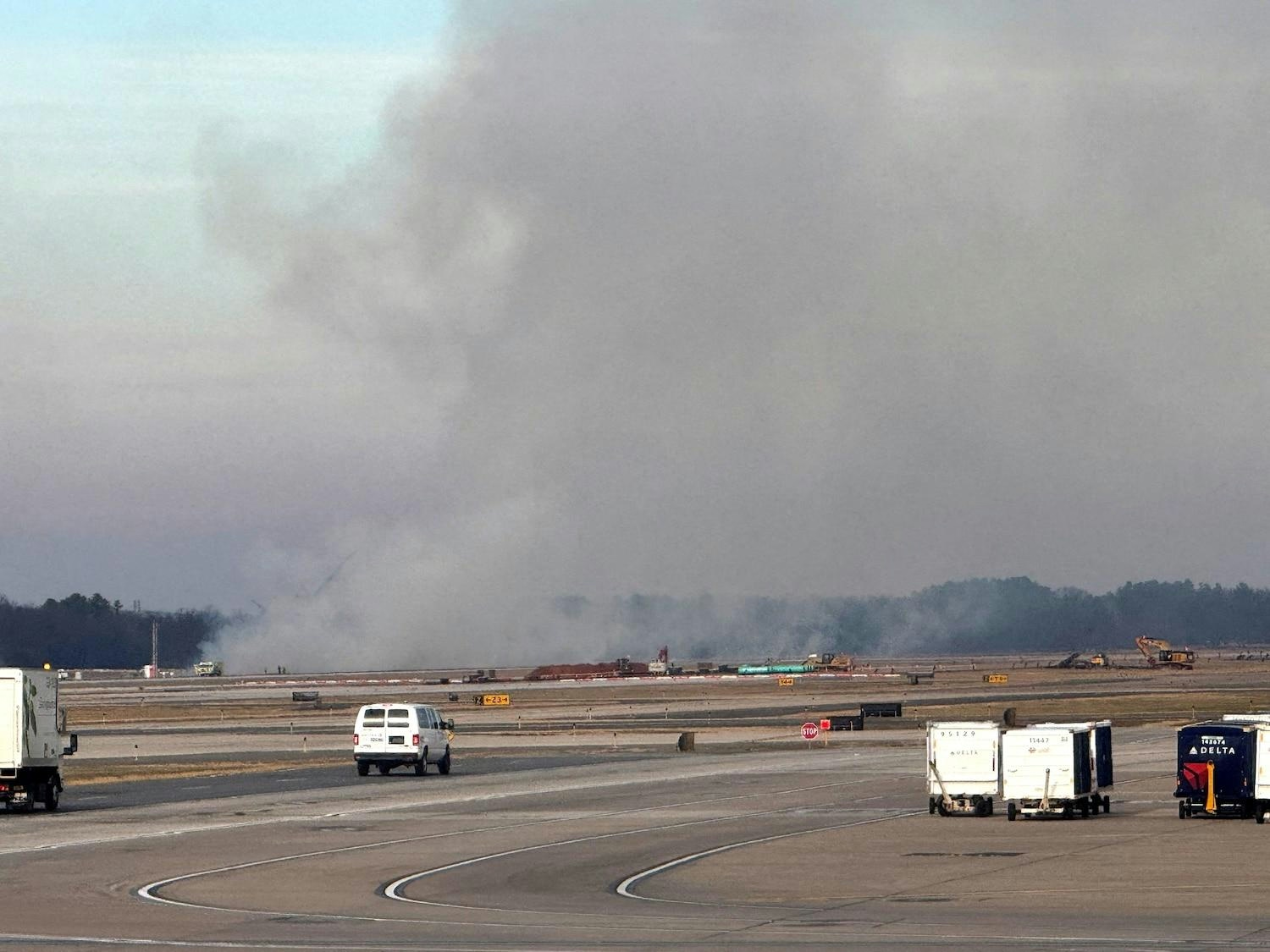
Delta Flight to Atlanta Suffers Engine Trouble, Sparks Grass Fire at Airport
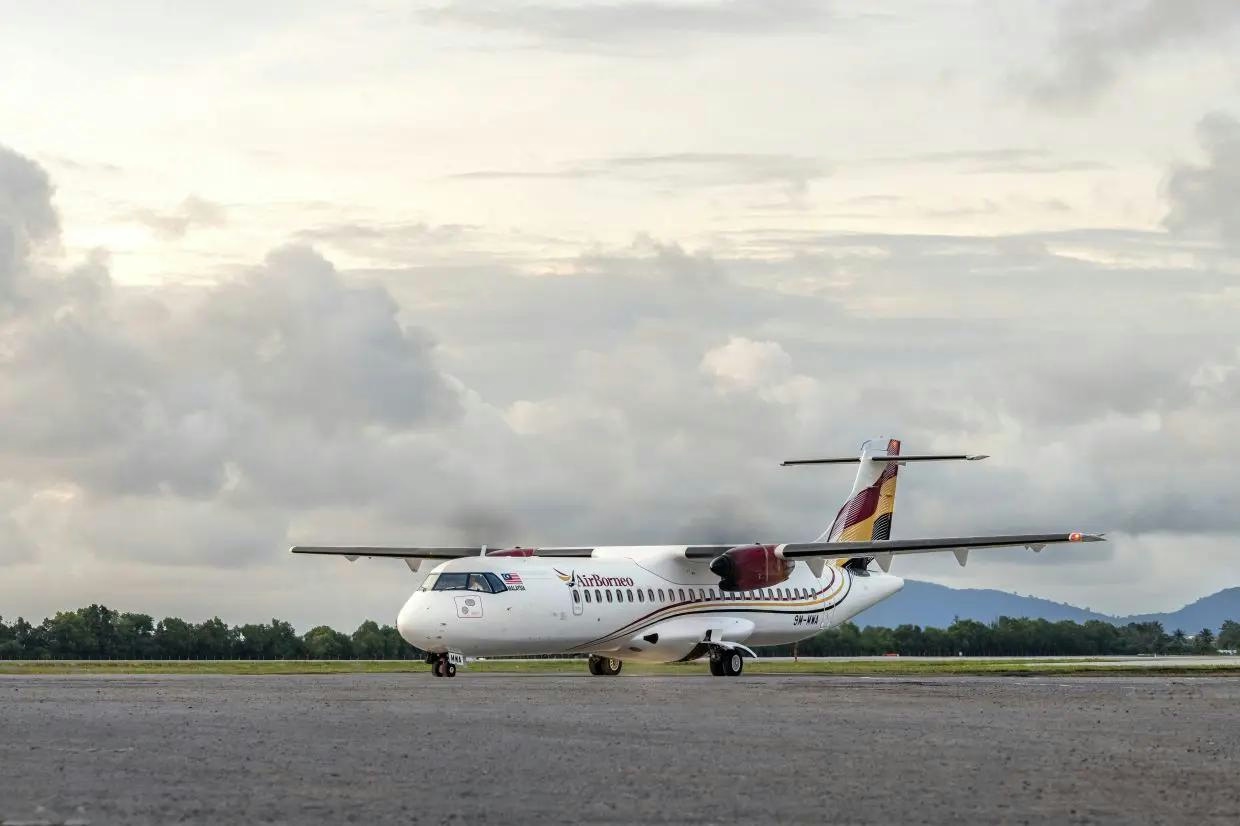
Sarawak's AirBorneo partners with IBM for AI-powered operations

PH Aerospace and MRO Exports Reach $603 Million, Says DTI
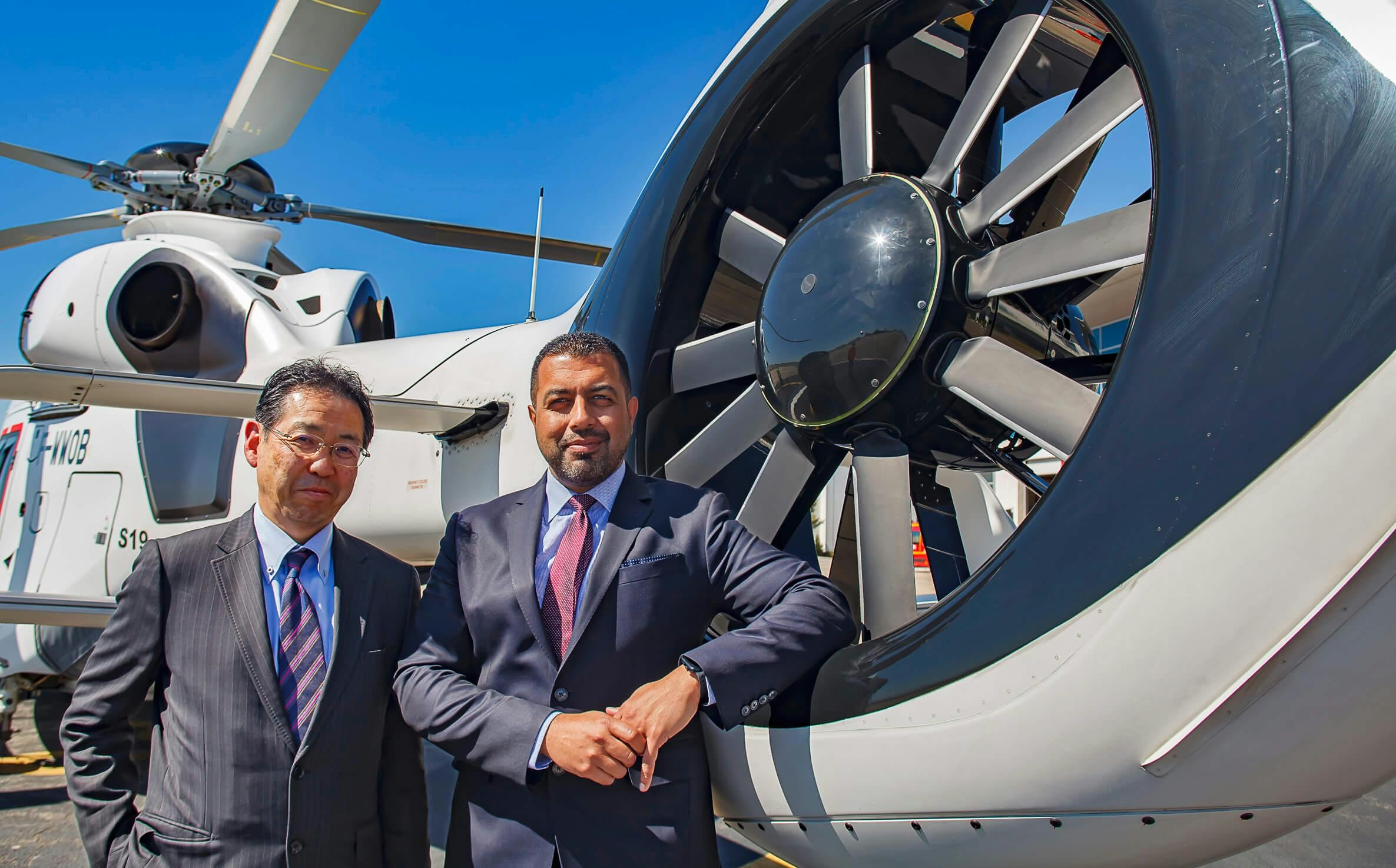
Dubai Aviation Nears Acquisition of Macquarie Aircraft Leasing Unit
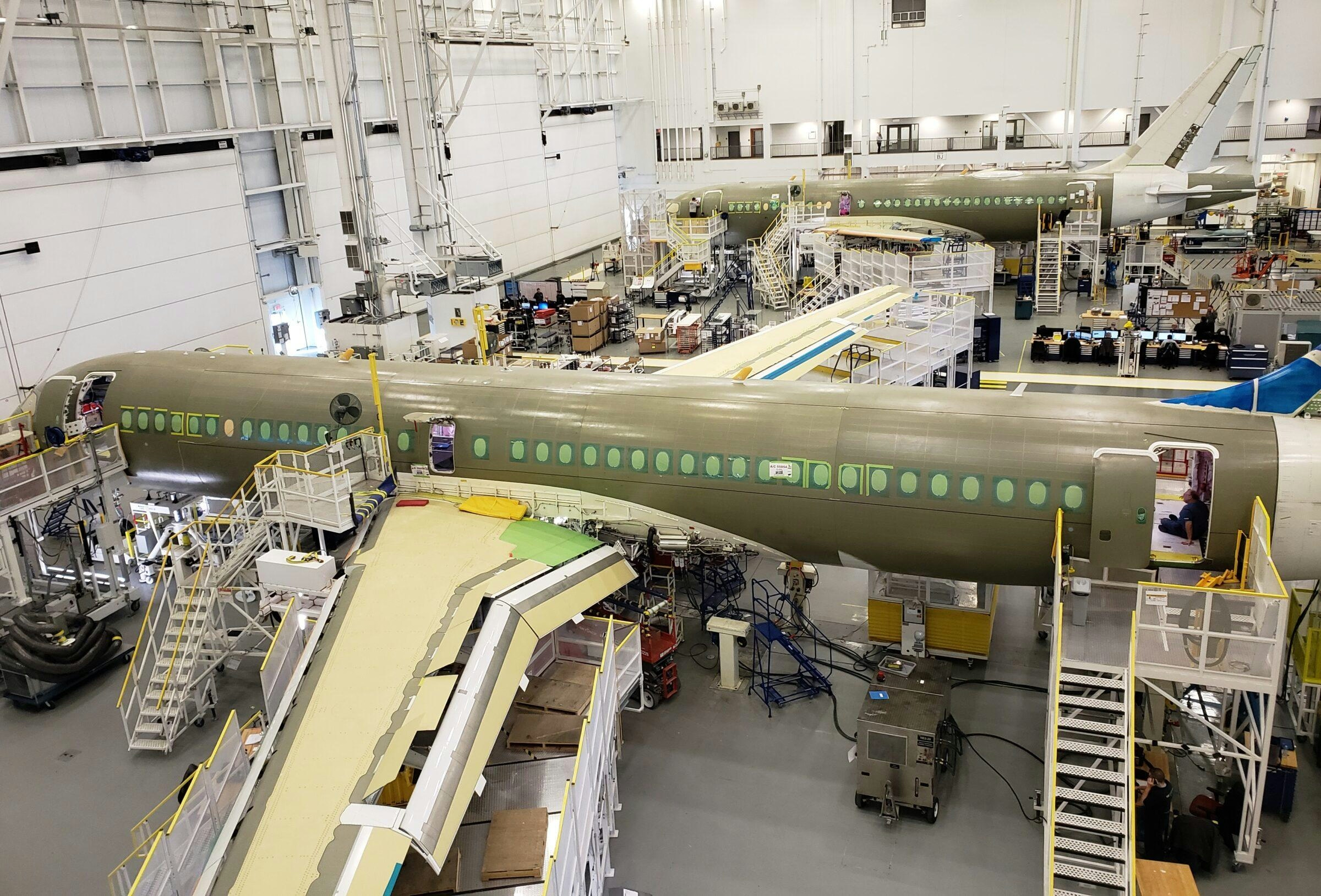
Airbus: Latest Developments and the Future of Aviation
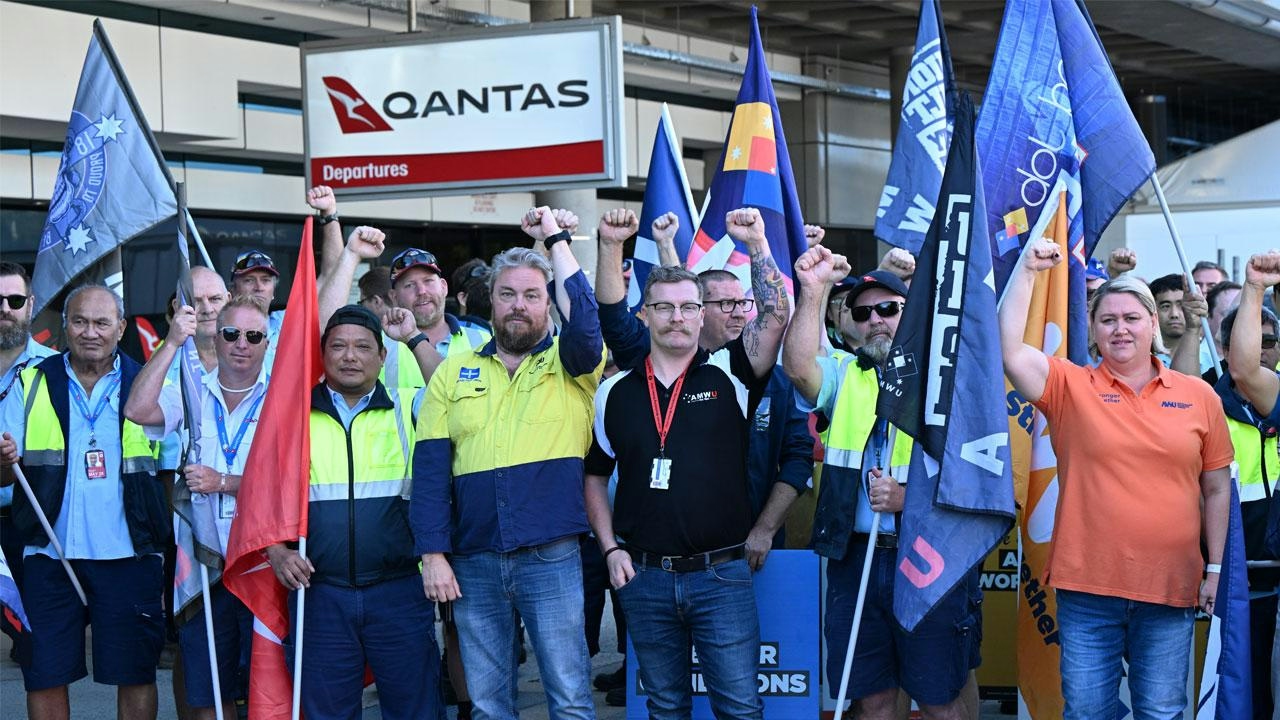
Qantas and Union Clash Over Job Security Amid AI Advances
